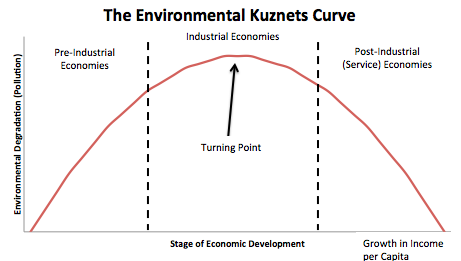Here is Shikha Dalmia:
... quiet gestures were not enough for Modi who has the autocrat's instinct to be the star attraction. His gaudy displays—literally unprecedented for visiting leaders—are not merely unbecoming. They are also deeply disturbing, because they highlight Modi's need for self-aggrandizement.Yes, self-aggrandizement. Well put!
His fans should save their adulation till he shows real signs that he isn't planning to run the Indian economy like his personal fiefdom—but then such a man wouldn't court their adulation, would he?Exactly!
I wish we knew how many of the Modi maniacs at Times Square were not Hindus. I.e., was it an Indian-American rah-rah rally or was it a Hindu-Indian-American rally? We will never know.
But, there is a proxy measure for the presence of the Modi maniacs at Times Square. The same hooligan mentality that the underlies Modi's Hindu fundamentalists in India was apparently on full display at Times Square too:
Standing outside Madison Square Garden on Sunday, ahead of a rally for India’s new prime minister, Narendra Modi, the Indian television anchor Rajdeep Sardesai reminded viewers back home that the New York arena had been the site for many famous events, including "Muhammad Ali versus Joe Frazier.”
Within minutes, after a crowd of Modi supporters had turned on him — apparently because of his failure to share their enthusiasm for Mr. Modi — Mr. Sardesai found himself in a strange clash of his own, exchanging pushes, insults and misdirected slaps with a man who had harassed him during his live report.
Yes, the anger because a prominent news person from India wasn't all pumped up for the big man and was, instead, doing what he was supposed to be doing, which was to provide his commentary, even if his views are not considered objective and neutral--at least according to the Modi maniacs.
This tweet embedded in that report says a lot:
Mob of people attacking an Indian journalist for being critical of Modi on the past. Accused if being a traitor pic.twitter.com/6xOJTWAxaO
— James FontanellaKhan (@JFK_America) September 28, 2014
The mob is comprised of, gasp, Indian-Americans! And notice the "Saffron" colored shirts in the mob?The tweet-conversations here add even more evidence that the Modi maniacs are well established in this country. I wish my government could deport them back to the provincial backwaters from where they came.
Meanwhile, back in the part of the old country where Modi flexed his Hindu fundamentalist muscles:
The police have made hundreds of arrests in the past several days in an attempt to stop religious riots in the Indian city of Vadodara, in Prime Minister Narendra Modi’s home state of Gujarat. So far, the violence has been confined to stabbings and the torching of around a dozen vehicles, D.J. Patel, a senior police official in Vadodara, said on Monday.As Forrest Gump said, "stupid is as stupid does."





/cdn2.vox-cdn.com/uploads/chorus_asset/file/691750/Screen_Shot_2014-09-09_at_6.22.50_PM.0.png)
